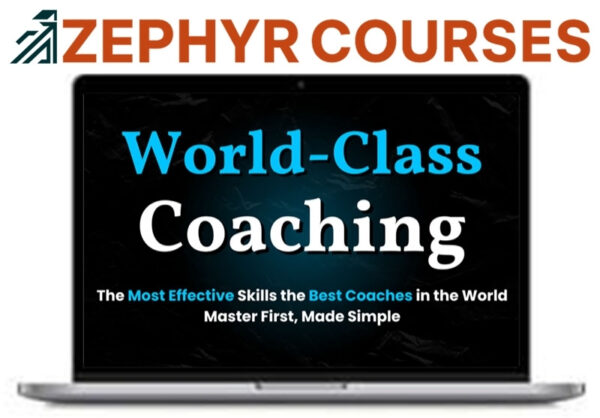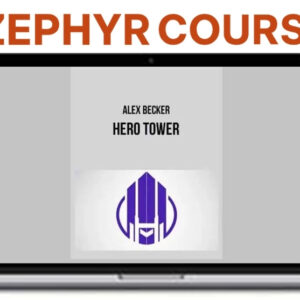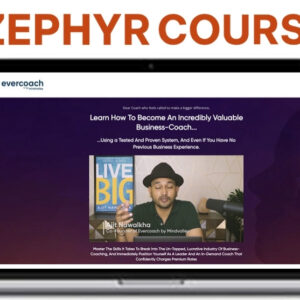Description
Mastering the Core Skills of Exceptional Coaching
Whether you’re guiding individuals or teams, mastering the core skills of exceptional coaching sets you apart.
At the heart of great coaching lies active listening. You need to give your full attention, not just hearing words but picking up on emotions, intentions, and unspoken concerns. This lets your clients feel heard and valued.
Alongside this, effective questioning is essential. Ask open-ended questions that encourage deeper reflection and reveal insights your clients might’ve missed on their own. Don’t settle for yes-or-no responses; instead, prompt them to explore their own thinking.
As you combine active listening with effective questioning, you’ll create a supportive environment where clients can gain clarity, overcome obstacles, and reach their goals with greater confidence and self-awareness.
Cultivating a World-Class Coaching Mindset
Building on these core skills, your mindset becomes the foundation that shapes every coaching interaction. To become a world-class coach, you need to embrace mindset shifts that move you beyond simply giving advice.
Instead, you’ll adopt coaching philosophies that value curiosity, growth, and resilience. This shift transforms not just how you coach, but who you’re as a coach.
Picture your approach as guided by:
- Challenging your own assumptions to remain open and nonjudgmental
- Viewing every session as a partnership, not a transaction
- Seeing setbacks as opportunities for growth—for both you and your clients
- Prioritizing presence and deep listening over quick solutions
Strategies for Delivering Maximum Impact
Although mastering the right mindset sets the stage, your true effectiveness as a coach comes from the strategies you use to create lasting change.
You must harness impactful communication by listening actively and speaking with intention. When you ask purposeful questions and summarize key points, you help clients clarify their objectives and uncover hidden barriers.
Effective feedback is essential—offer observations that are specific, actionable, and focused on growth rather than criticism. Time your feedback so it’s relevant and encourages reflection.
Don’t just tell clients what to do; instead, partner with them to develop plans they can own.
Frequently Asked Questions
What Credentials or Certifications Does Corey Wilks Recommend for New Coaches?
When exploring coaching methodologies, you should research reputable certification programs that align with your goals. Focus on programs that emphasize practical skills, evidence-based approaches, and ethical standards to build a strong foundation as a new coach.
How Can Coaches Find Their First Paying Clients?
To find your first paying clients, use effective networking strategies—attend local events, join online communities, and leverage your existing network. Focus on client acquisition by offering discovery sessions, showcasing your expertise, and asking for referrals from satisfied clients.
What Are Common Mistakes New Coaches Should Avoid?
You shouldn’t ignore client boundaries or copy other coaching styles blindly. Avoid overpromising results, undervaluing your services, and neglecting ongoing learning. Build trust by communicating clearly, respecting limits, and developing your own coaching style that fits your values.
How Does Corey Wilks Suggest Setting Coaching Fees?
When setting coaching fees, you should focus on your coaching value and explore different pricing strategies. Don’t just copy others—consider your expertise, results, and niche. Confidently communicate your value so clients understand the investment’s worth.
Are There Recommended Tools or Platforms for Managing Coaching Sessions?
When managing coaching sessions, you’ll benefit from using coaching software for streamlined session scheduling, client management, and invoicing. Platforms like Calendly, CoachAccountable, and Acuity Scheduling help you stay organized and provide a professional client experience.









